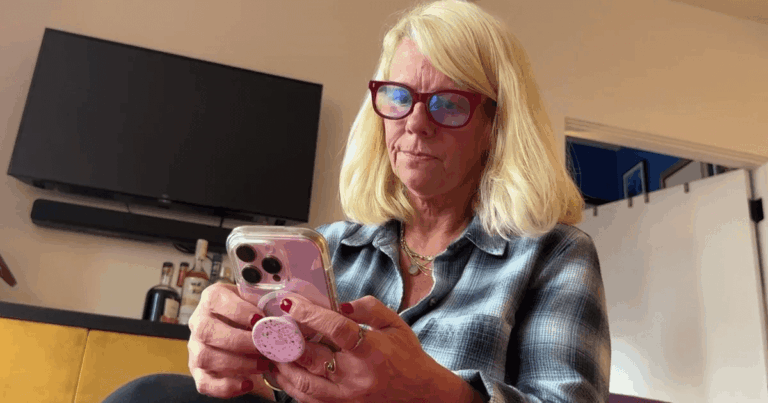Frank Teruel is CFO and COO of Arkose Labs, a computer security and fraud detection software company. He explains the major systems used by the fraud prevention company and why security should be a foundational element in finance solutions.
What’s in your tech stack?
Our financial systems are designed not just for reporting—the core function of traditional accounting systems—but to be predictive. We want our finance team to see around corners, anticipate what’s coming and make data-driven decisions.
- Best-in-class systems. We use NetSuite as our ERP, fully integrated with our Salesforce.com CRM instance and Zip, our procurement system. Since Salesforce drives most of what happens in our company, this integration is critical. Integration with Zip enables us to proactively manage spend across our entities. We also leverage state-of-the-art financial systems for strategic finance and FP&A, including platforms like CUBE that allow us to analyze and massage data effectively.
- AI integration. We have an ongoing initiative focused on developing AI agents. Our team is developing contract and pricing review agents, including one that automatically identifies anomalies, changes and patterns in our financial data. It’s powerful stuff!
What’s your joy, and what’s your headache?
The joy: A system is just a tool, a puzzle piece in our larger mission. At Arkose Labs, our mission is to protect consumers as they transact in the digital economy. The finance systems are integral to that mission. What drives me is to build and grow a company that has a meaningful purpose: protecting people and safeguarding our customers. We do that well, and we will add great shareholder value, which ultimately leads to achieving excellent outcomes. Everything we do with our financial systems supports this bigger picture.
The headache: The constant concern is security, privacy and AI integration. Since financial data is the heartbeat of any company, we can’t afford to have weak links in our technology supply chain stack. The challenge is ensuring all systems work seamlessly together while maintaining the highest security standards to stay ahead of evolving threats. We have an amazing security team here led by our CSO/CIO, Phil Steffora, who has built world-class bank-grade security, ensuring excellent SOC and ISO compliance.
If you could wave a magic wand, what would you make software companies do for you?
Three things would transform how software companies serve finance organizations:
- Robust security and privacy built-in. So much damage comes from supply chain vulnerabilities, in which someone exploits a weakness to access your data. Software companies need to ensure they’re not the weakest link in the chain, with security and privacy as foundational elements, not afterthoughts. It still amazes me that significant vendors approach us offering great solutions, and then they fail our security requirements.
- True integration capabilities. Many systems claim full integration with key systems only to find that the APIs are in-process; they message well but don’t quite function well in practice. We need complete, seamless integration with best-in-class systems that deliver on their promises.
- AI leadership. Software companies should be leading the charge of implementing AI agents into their systems, not following behind. The future of finance technology is intelligent automation, and vendors need to be pioneers, not passengers. We need systems that ultimately let us be predictive; AI is a big step in that direction.
What’s your best piece of tech advice for others in your job?
Don’t go cheap. Invest in best-in-class solutions and perform the due diligence to ensure you’re not creating weak links in your supply chain. This cannot be overstated.
Two other critical principles:
- Prioritize security diligence. Put rigor into understanding whether your systems are truly safe. The cheapest option often becomes the most expensive when security incidents occur.
- Maintain flexibility. Don’t lock yourself into systems that constrain your future options. The world moves fast, and you don’t want to be stuck with a cemented view while everything else evolves. Agility and open systems architecture are critical for long-term success.
Remember, systems exist to help you make better decisions that ultimately grow the business. If you can’t make good decisions from your financial data, at best, you’re just a reporter, not a finance professional.
Read the original article here.







